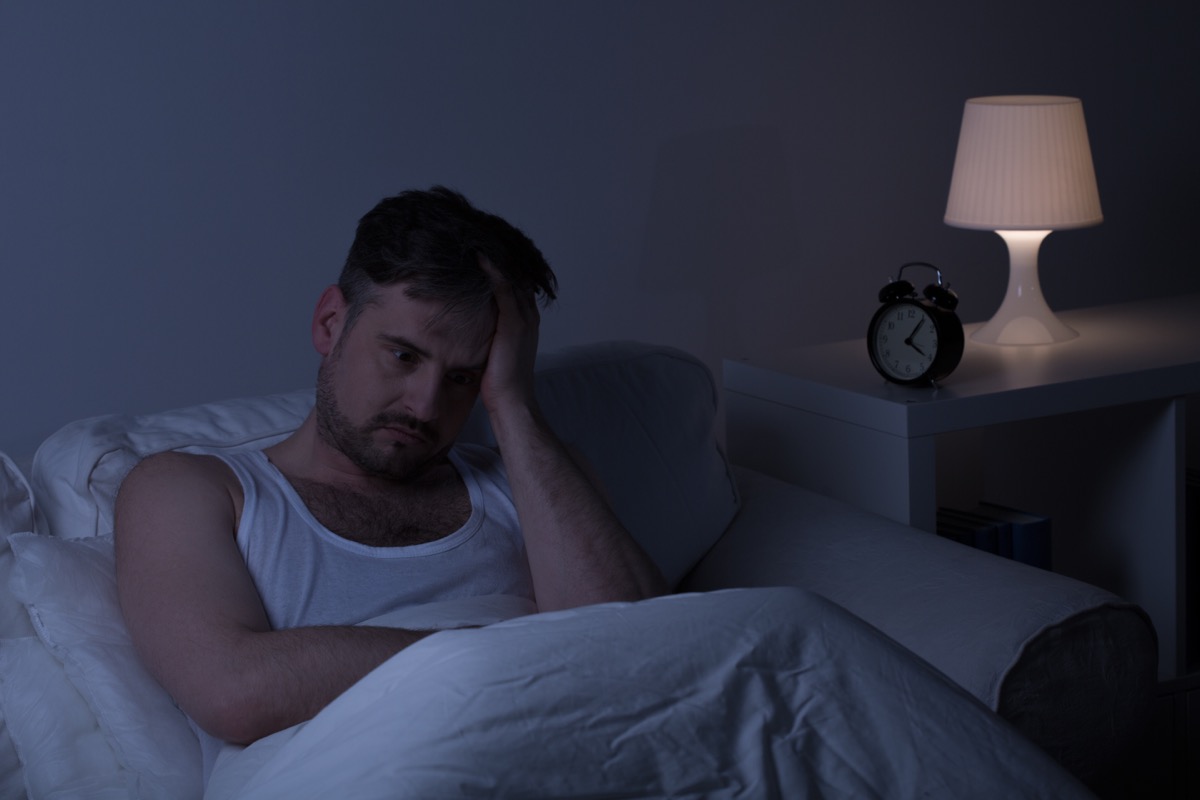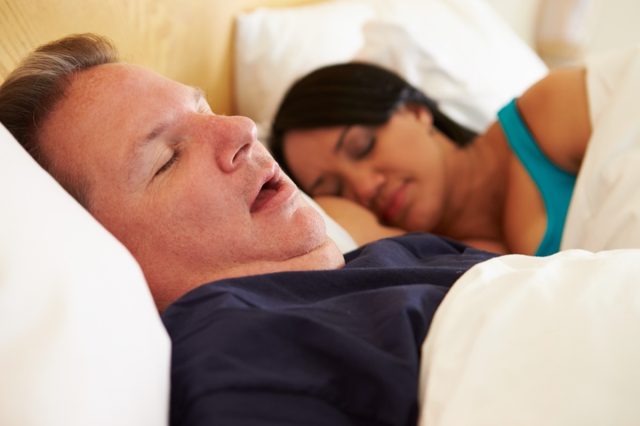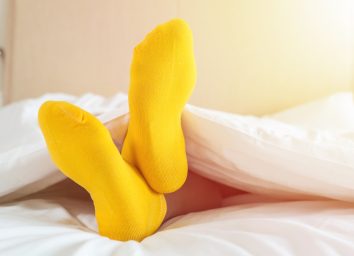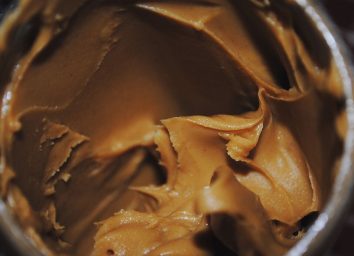Why Do You Always Wake Up in the Middle of the Night? A Sleep Specialist Weighs In

There are few things more enjoyable than getting a good night's rest. You wake up feeling energized, refreshed, and ready to tackle what the day throws at you. However, for many people, getting enough sleep at night isn't as easy as it seems—and frequent waking during the night often factors into the problem.
According to a study published in the Journal of Psychosomatic Research, among a group of 22,740 individuals over the age of 15, 31.2% said they woke up during the night at least three times a week.
Luckily, even if you're tossing and turning now, that doesn't mean those regular night wakings will last indefinitely. Read on to discover what sleep specialists say could be causing you to wake at night and what to do to remedy the problem. And if you want to get healthier fast, check out The 7 Healthiest Foods to Eat Right Now.
You drink alcohol close to bedtime

While alcohol may make you feel sleepy, drinking can also make you more prone to waking up at night, experts say.
"Alcohol intake close to bedtime may lead to a delayed onset of the REM stage of sleep during the first half of the sleep period with increased fragmentation of sleep [during] the second half of the night," explains Allison Siebern, PhD, CBSM, a consulting assistant professor at the Stanford University School of Medicine and head sleep science advisor for Proper.
You have sleep apnea

Sleep apnea often means regular nightly wakeups—and it can lead to serious health issues beyond fatigue as well.
"If you awaken during the night gasping or feeling short of breath or someone has given you feedback that you have loud snoring and/or have breathing disruptions during sleep, it is important to discuss this with your treating healthcare provider," says Siebern.
"These could potentially be signs of obstructive sleep apnea, where there is a disruption in airflow leading to fragmented sleep. There can be instances where obstructive sleep apnea or the disruption in airflow worsens during REM sleep, leading to further fragmentation of that particular sleep stage." Fortunately, if you have sleep apnea, both weight loss and the use of a Continuous Positive Airway Pressure (CPAP) machine can help.
You're in pain

Whether you suffer from chronic pain or are dealing with a lumpy mattress, any type of physical pain can lead to fragmented sleep—and major exhaustion.
"People dealing with chronic or acute pain typically experience a less deep sleep and, thus, are likely to wake up in the middle of the night," says certified sleep science coach Alex Savy, founder of SleepingOcean.com. "Naturally, pain management would be the most effective solution in this case. Additionally, a good mattress may also help. If the mattress offers close conforming and works to reduce pressure build-up in the body, it can also help alleviate the pain."
RELATED: Sleeping This Much Increases Your Diabetes Risk By 58%, New Study Finds
You drink liquids too close to bedtime

While staying hydrated throughout the day is undeniably beneficial for your health, drinking liquids too close to bedtime is a frequent cause for those night wakings that are leaving you exhausted.
"One of the most common reasons behind nighttime awakenings is the need to urinate. If that's the case, sleepers need to either reserve beverages for earlier in the evening or limit their quantity before bed," says Savy.
For more ways to ensure you're getting enough sleep, This Is Why Peanut Butter May Help You Get Better Sleep, Research Suggests, and for the latest healthy living news delivered to your inbox, sign up for our newsletter!
- Over 60? Here Are the Reasons You're Not Sleeping, Science Says
- Over 60? This Is What Happens to Your Body When You Don't Sleep Enough
- Over 50? This Is What Happens to Your Body When You Sleep Too Much








